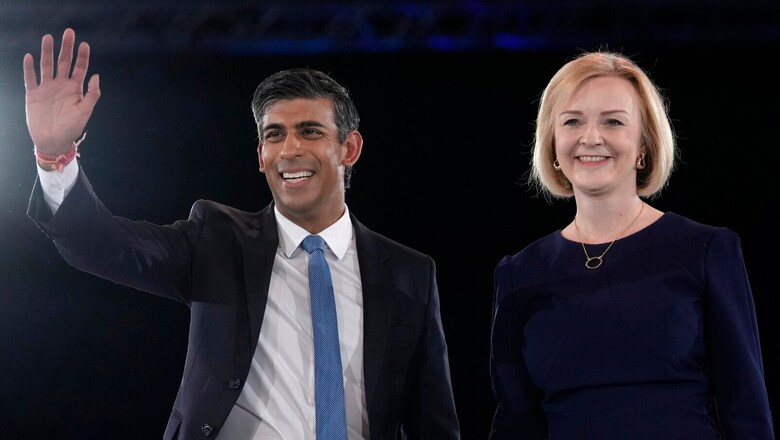
views
It is a British cliché that a week is a long time in politics. Liz Truss proved it true on Thursday when she became the shortest-serving British Prime Minister in history. In a matter of days, her U-turn on economic plans that made global markets jittery and the resignations of key ministers prompted calls from within Truss’ party for her to step down.
The Conservative Party, which holds a big majority in parliament and need not call a nationwide election for another two years, will now elect a new leader by October 28, Britain’s fifth prime minister in six years.
The contest is likely to pit Indian-origin ex-finance minister Rishi Sunak against Penny Mordaunt, but could also see the return of Boris Johnson, who was ousted as prime minister in July when his ministers resigned en masse to force him out of office.
The busy revolving door of 10 Downing Street not only underscores just how volatile British politics has become since the 2016 vote to leave the European Union, but has also triggered questions in India on the fate of negotiations to draft a proposed free trade agreement (FTA) between both countries.
News18 takes a look at what the proposed deal entails and its status amid the turmoil in UK politics.
Launch of Talks
India and UK formally launched talks in January this year for a free trade agreement to boost bilateral trade and investments to $100 billion by 2030.
In such pacts, two countries either eliminate or significantly reduce customs duties on the maximum number of goods traded between them, besides easing norms for promoting investments and services trade.
According to official data, the bilateral trade in goods between India and the UK stood at $16 billion in 2021-22 as compared to $13.11 billion in 2020-21, a jump of 22.17%. Exports worth $9.43 billion were shipped in 2021-22, while imports worth $6.59 billion were received in the same year. This gives a trade balance of $2.84 billion in the financial year 2021-22.
The trade between the two countries had stood at $15.45 billion in 2019-20, $16.87 billion in 2018-19, and $14.49 billion in 2017-18.
In 2021, India was the UK’s 15th largest trading partner, and the UK is India’s 18th largest trading partner with manufacturing exports accounting for over 90% of India’s exports to the UK.
India’s main exports to the UK include ready-made garments and textiles, gems and jewellery, engineering goods, petroleum and petrochemical products, transport equipment and parts, spices, metal products, machinery and instruments, pharma and marine items.
Major imports include precious and semi-precious stones, ores and metal scraps, engineering goods, professional instruments, non-ferrous metals, chemicals and machinery. In the services sector, the UK is one of the largest markets in Europe for Indian IT services.
Apart from goods and services, India wants movement of skilled workers and data adequacy status, while the UK wants duty concessions for whiskey and scotch, imported automobiles, apples, pears, quinces, and lamb meat.
India also wants the resolution of regulatory issues in the pharmaceutical sector and duty concessions for textiles, footwear, leather products, basmati rice. The UK wants greater access to medical devices and legal, accounting and financial services.
Deadline for the Deal
Then British Prime Minister Boris Johnson and Indian counterpart Narendra Modi met in April where they set an ambitious target to sign the free trade agreement (FTA) by Diwali on October 24.
However, UK Trade Secretary Kemi Badenoch – who took charge under the Liz Truss government in September – recently confirmed that the negotiators were no longer working towards that timeline “to focus on the quality of the deal rather than the speed of the deal”.
External Affairs Ministry spokesperson Arindam Bagchi, too, said on October 14 that the Diwali deadline had not been cast in stone.
“There was a general goal of trying to get it done by Diwali. But goals are dependent on negotiations,” he told a news conference. “So let me not complicate the negotiators’ lives by saying it has to be done by a certain date.”
Hiccups Along the Way
Sticking points in finalising a deal include steep import duty on British whiskey for sale in India and India’s demand for more visas for Indian students and businesses.
The negotiations are believed to have suffered a severe blow earlier this month after the Indian government took exception to comments made by UK Home Secretary Suella Braverman questioning action over visa over-stayers from India.
The Times newspaper quoted government sources as saying that ministers in New Delhi were “shocked and disappointed” by the “disrespectful” remarks made by Braverman, who said she had concerns of an “open borders” offer to India as part of an FTA.
Braverman, the Indian-origin Home Secretary, said in an interview that she feared a trade deal with India would increase migration to the UK when Indians already represented the largest group of visa over-stayers.
“… I do have some reservations. Look at migration in this country – the largest group of people who overstay are Indian migrants,” she told The Spectator magazine.
Following the controversy, British foreign minister James Cleverly said his country wanted to have an even stronger trading relationship with India.
In a news conference, asked if India’s demand for more visas was holding up negotiations, MEA spokesperson Bagchi did not answer directly but said there was an understanding between both countries on “mobility and consular matters” which would require “mutual implementation”.
Apart from more visas, India wants to increase exports of leather, textiles, jewellery and food products to Britain, while Britain is keen to sell more whiskey to India and wants it to reduce an import duty of 150%.
Reuters reported earlier this month that Indian car makers had proposed cutting to 30% the tax rate on imported cars as part of the trade deal with Britain, from 60% to 100% now.
Current Status & The Way Forward
Despite the imminent breach of the Diwali deadline, both sides have maintained that the negotiations are progressing well in the right direction and that an agreement could be reached soon.
India’s Commerce Secretary Sunil Barthwal said negotiators have finalised many things and many aspects are yet to be finalised. “So, we are moving in the right direction…Negotiations are on. We are on track,” he told reporters at the sidelines of the CII National Exports Summit.
When asked about the fresh target, Barthwal said that it depends upon the movement of negotiation. “So, we are moving forward very well and we expect that soon we will be able to reach an agreement,” he added.
Britain’s Trade Policy Minister Greg Hands, meanwhile, said talks between India and the UK are “progressing well” and a deal that works for both sides is more important than the date when it is signed.
“Talks are progressing well. We have completed five rounds of formal [FTA] negotiations and we are seeing a way forward for a deal that works for both sides,” he said at a Diwali Reception in London.
With agency inputs
Read all the Latest Explainers News and Breaking News here














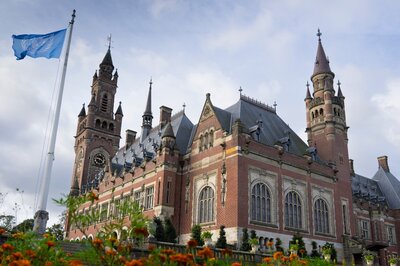
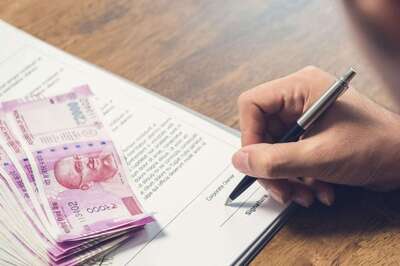
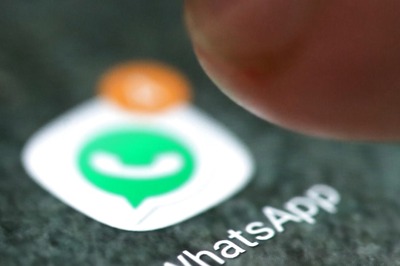

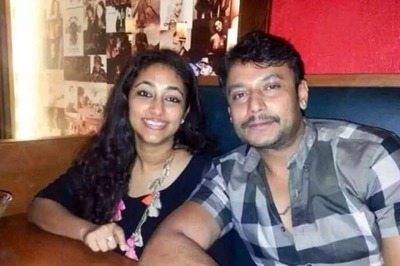

Comments
0 comment